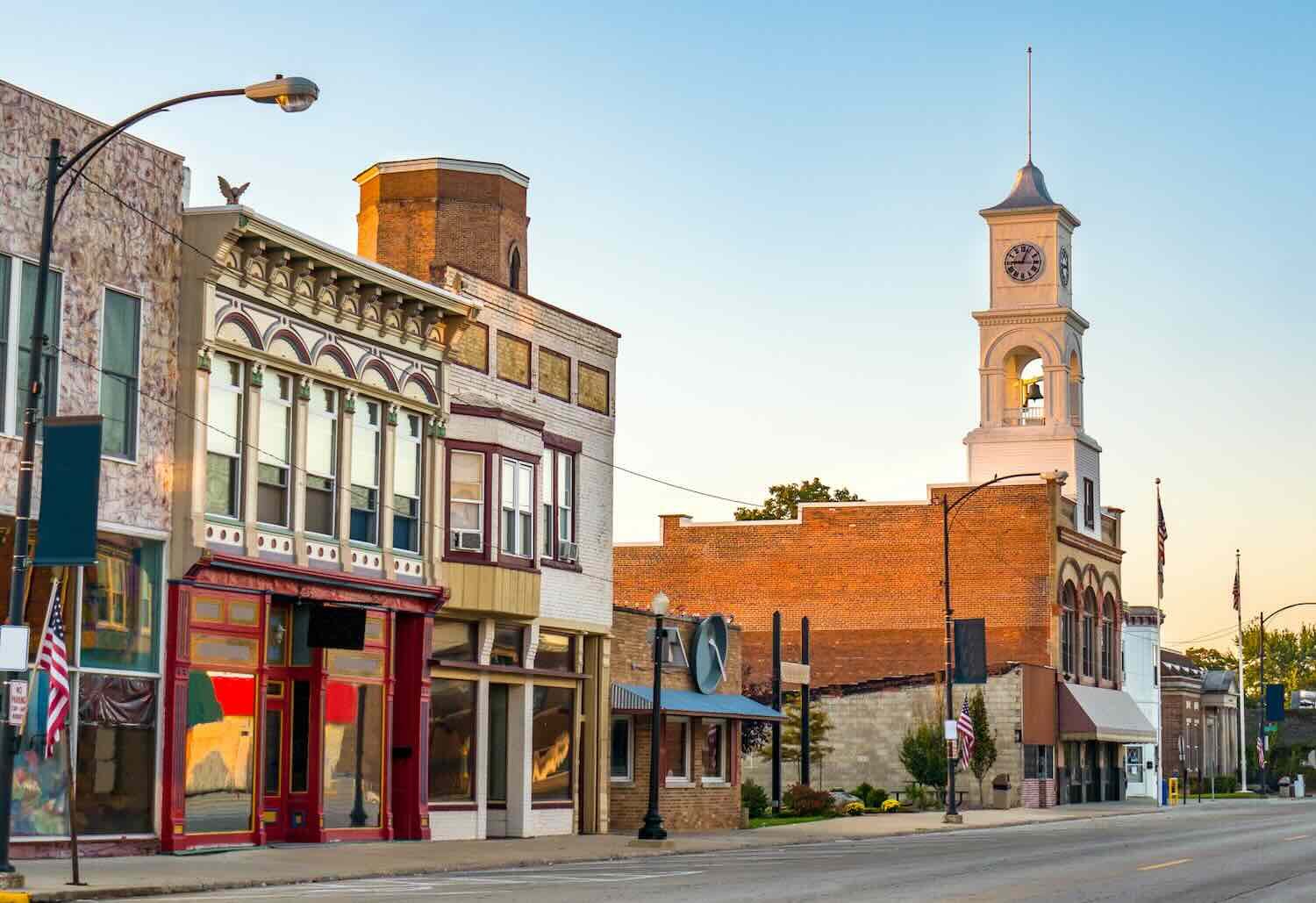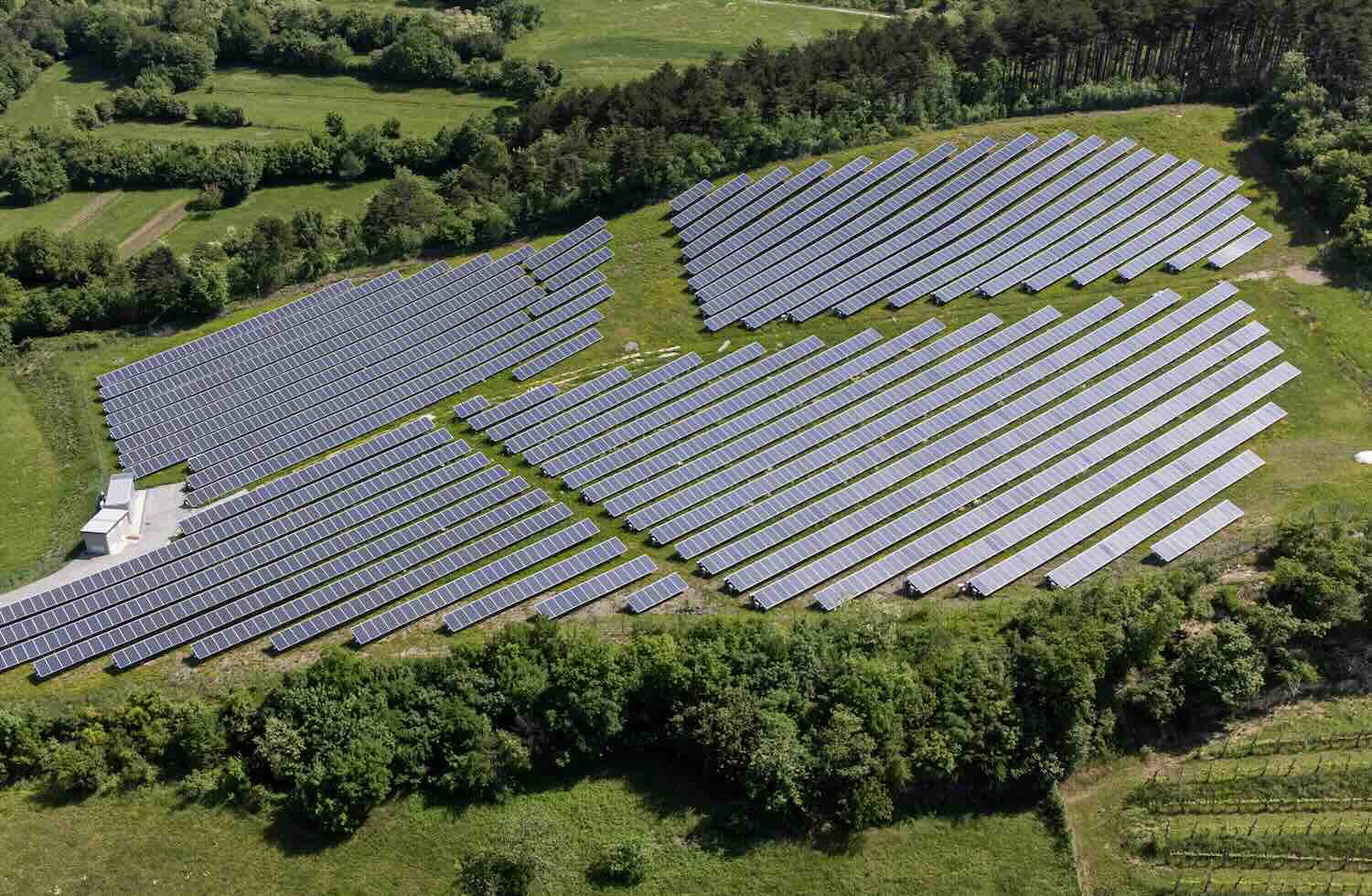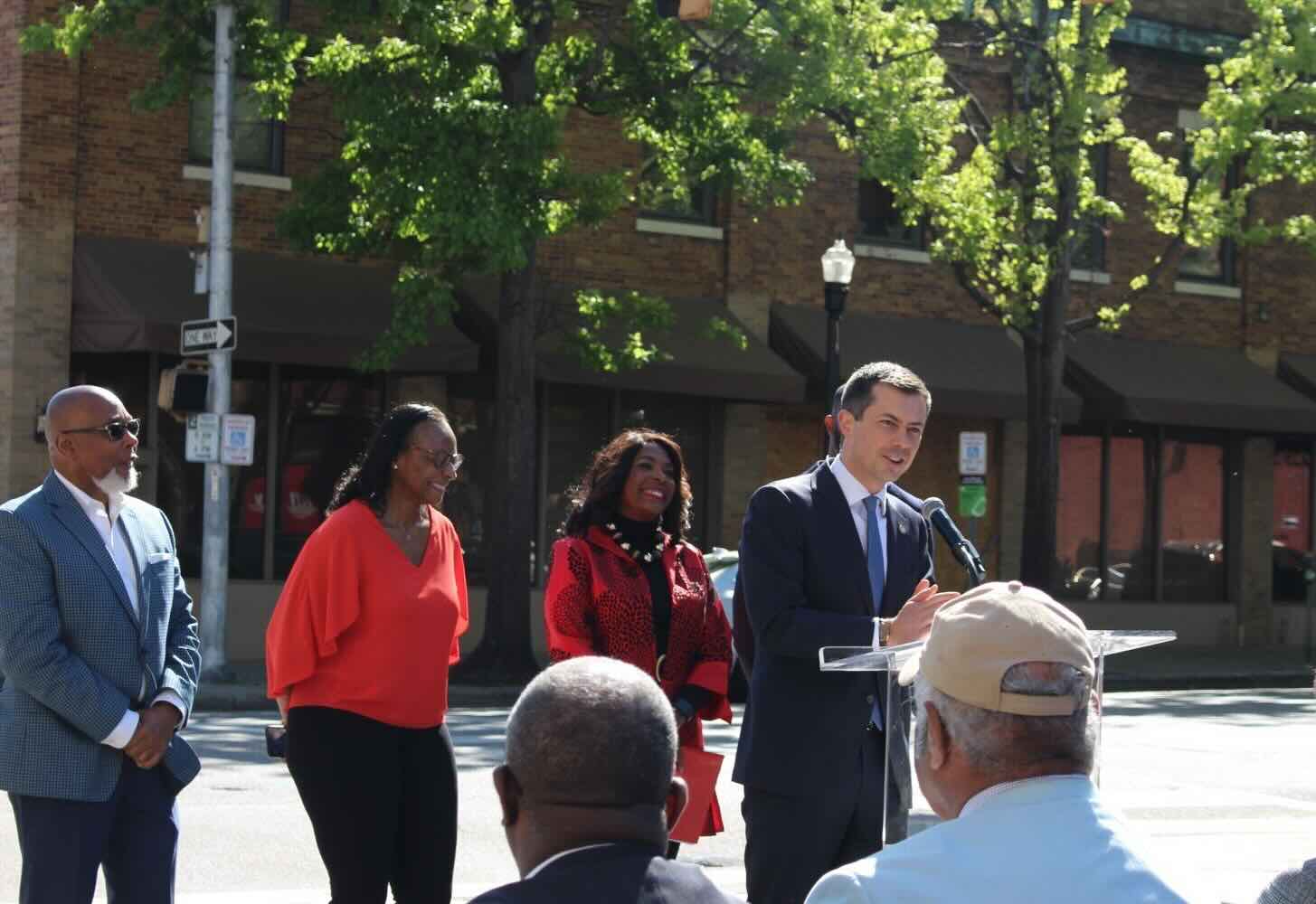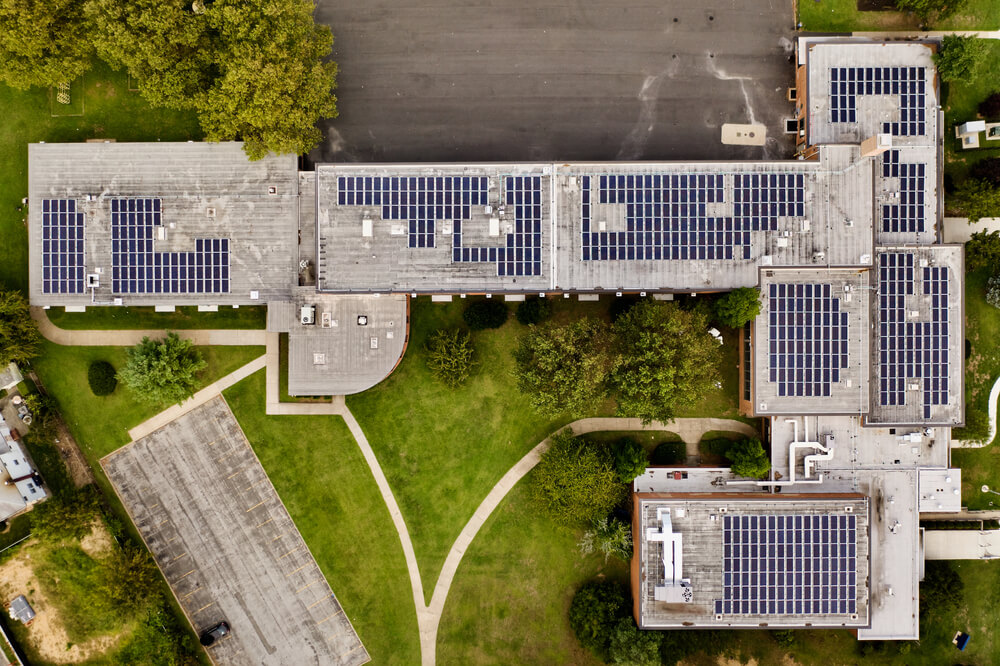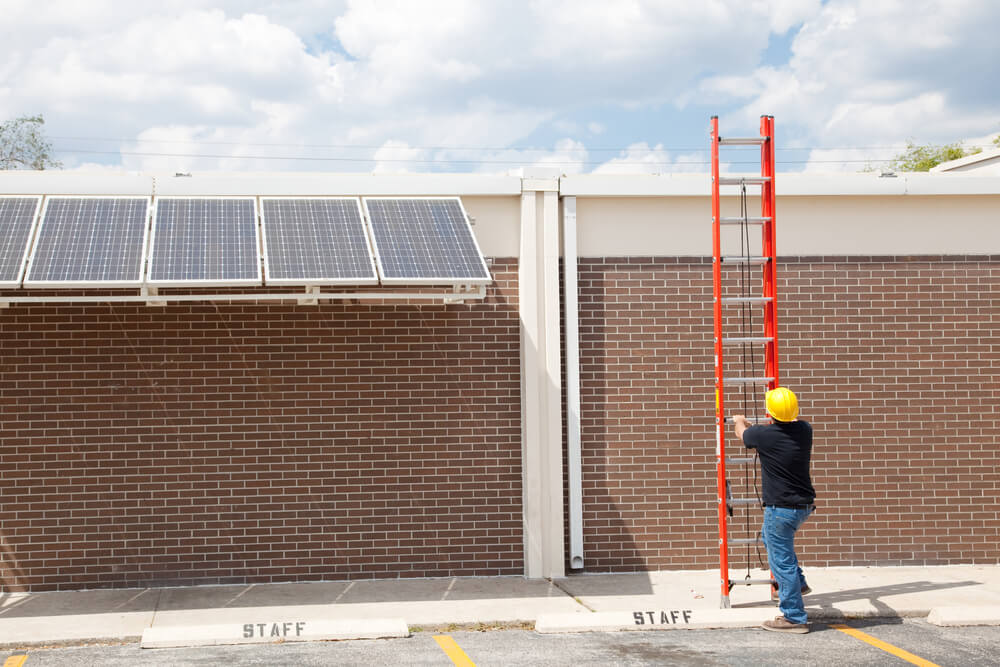ImpactAlpha, July 27 – When the Covid pandemic hit, philanthropic organizations mobilized with relative lightning speed to address the crisis and its impact on marginalized communities. The Kellogg, Ford, MacArthur, Doris Duke and Andrew Mellon foundations jointly committed to increase payouts by more than $1.7 billion.
Some of those same foundations sense a similar moment, as an unprecedented level of federal funding rolls out for green infrastructure, clean energy and climate-resilience projects. The urgent challenge this time: making sure that rural, Tribal, communities of color and other under-resourced places are able to take part in the transformative funding opportunity.
A handful of philanthropic organizations have created Invest in Our Future, a $180 million pooled fund intended to help communities navigate the roughly $1 trillion in federal funding made available by the Infrastructure Investment and Jobs Act, CHIPS and Science Act, and Inflation Reduction Act.
“It became really evident that this was a pivotal moment for all philanthropy to engage and make sure that we’re doing our part to make sure that the federal funding is being reached by marginalized communities,” Rachel Isacoff of the Rockefeller Foundation, one of the anchor foundations in the new fund, told ImpactAlpha.
“We’re thinking about tackling community, economic and climate-related challenges all together in a way that would be supportive of locally-led initiatives.”
Other backers include the Hewlett, MacArthur and Packard foundations. Breakthrough Energy is also a grantmaking partner.
Navigating complexity
Invest in Our Future emerged from a string of brainstorming sessions among philanthropic organizations on how to seize the once-in-a-generation funding opportunity to help strengthen historically excluded communities. Other efforts underway are focused on industrial policy and jobs, and tax aspects of the federal bills.
The federal funding programs shower incentives on households, businesses and local governments for everything from heat pumps to building energy retrofits to hydrogen hubs. The funding opportunity is dwarfed only by its complexity. The IRA alone contains 119 programs managed by multiple federal agencies. Some programs, like the IRA’s Greenhouse Gas Reduction Fund, have released eligibility requirements and rules for applying. Other guidance is still trickling out.
“A lot of communities may not even know they’re eligible, or they do know they’re eligible but they don’t have the grant-writing tools or the project pipeline,” says Isacoff. Some may not be aware of the programs at all.
The pooled fund will focus its grantmaking on helping communities navigate the federal programs and apply for funds; smoothing project siting, permitting and community engagement; training workforces for green jobs; and building public support.
Other initiatives are also keying in on the need to get federal funding to ground in communities that need it most. The Milken Institute’s Community Infrastructure Center connects community-led projects with resources to take advantage of the once-in-a-generation funding opportunities. Milken aims to sign up 10,000 communities.
Climate tech investor Elemental Excelerator offers a Toolkit for Local Climate Action for mayors of small and mid-sized cities.
Funder collaboration
Invest in Our Future will formally launch this fall when it names an executive director. In the meantime, its management committee has already committed capital to be deployed over three years and made 20 grants. The Families and Workers Fund, Rural Climate Partnership, the Alliance for Tribal Clean Energy, and Rewiring America shared in a $20 million tranche awarded earlier this year.
Another $30 million was awarded more recently to 16 organizations which have not yet been made public.
The Families and Worker Fund will use its grant to scale workforce training and quality job models. The Rural Climate Partnership will leverage its regional rural hubs to provide technical assistance and place-based support to communities applying for federal funds.
The tribal alliance will focus on policy and convening, while ReWiring America will kick off a campaign to get 5 million households to go electric.
In addition to its backers, Invest in Our Future says it is working with other philanthropic organizations that will make direct grants or investments, building on the collaborative experience of the Covid crisis.
“A throughline is that the pandemic allowed people to really clearly see the intersectionality and the way the climate crisis relates to all of these other issues,” says Deborah Philbrick of the MacArthur Foundation.
“We’ve been able to work across different silos, economic funders, workforce funders, community foundations, regional foundations and more classic national climate foundations.”







